What is journalling?
Simply put, it's an account of your thoughts, memories and hopes - a narrative of daily life. But it's not just the 'Dear Diary' of teenage woes. There are so many different forms it can take. Finding which one(s) works for you can be the fun bit - building a routine and making it habit is definitely the tricky bit.
In this blog (Part 1) we'll have a look at why journalling can be good for you, what resources you'll need and what to write about.
Why should I journal?
Studies have shown that journalling can have a positive affect on mental health and emotional wellbeing. It can give you a space to help organise your thoughts, to clear your mind and to work through challenges. It can also help you to focus on the positives and to set and achieve goals.


What do I need to start journalling?
All you need to get started in a notebook and pen. You don't have to decorated it, stick lots of stuff in it and do beautiful handwriting - unless you want to of course! It needs to be something you're comfortable to use. It can even be typed if your typing can keep up with your thoughts :-)
Creating a routine
Creating a routine and making it a habit is one of the most important, and hardest, elements of journalling. Build it into something you already do or set a reminder on your phone. For example, try leaving your journal by the side of your bed to do every evening or always have it in your bag to do on the train.
Be realistic. A little every day is a great thing to aim for but if that feels like too much start with a weekly reflection. Don't beat yourself up if you forget. Forming new habits is hard. Journalling is supposed to be something helpful - not something else to feel guilty about, so be kind to yourself.


What should I write about?
Absolutely anything! There are no rules. Start by thinking about what you're hoping to get out of journalling. This may well bring to light some areas or themes to start exploring.
Here are a few popular themes.
- Your day. A reflective account of what you did, how you felt etc.
- Challenges. Something that’s on your mind that’s taking up your head space.
- Gratitude. Things your are grateful for. Particularly after a less than great day!
- Goals. Things you’d like to achieve. Think about setting short, medium and long terms goals and breaking things down into the little steps.
- Food / Travel / Nature. Collecting your favourite recipes, recording your travels or documenting nature are all great ways of creative journalling which have a more scrapbook feel to them.


What Next?
If you'd like to give journalling a go here are a few things to do before reading Getting Started With Journalling Part 2 - where we'll be thinking about different ways of journalling and finding a technique(s) that works for you.
- Find yourself a notebook and pen that are comfortable for writing.
- Have a think about why you want to journal.
- Write down the why along with what it is you're hoping to get out of it.
- Think about how you can make it a habit: when, where and how often you'd like to journal.
Having a grip on why you want to give it a go will help you decide which techniques to try and by starting to think about how you can build it into a routine you'll be laying the groundwork to get started and keep it going.
Getting Started With Journalling Part 2 coming next week...



